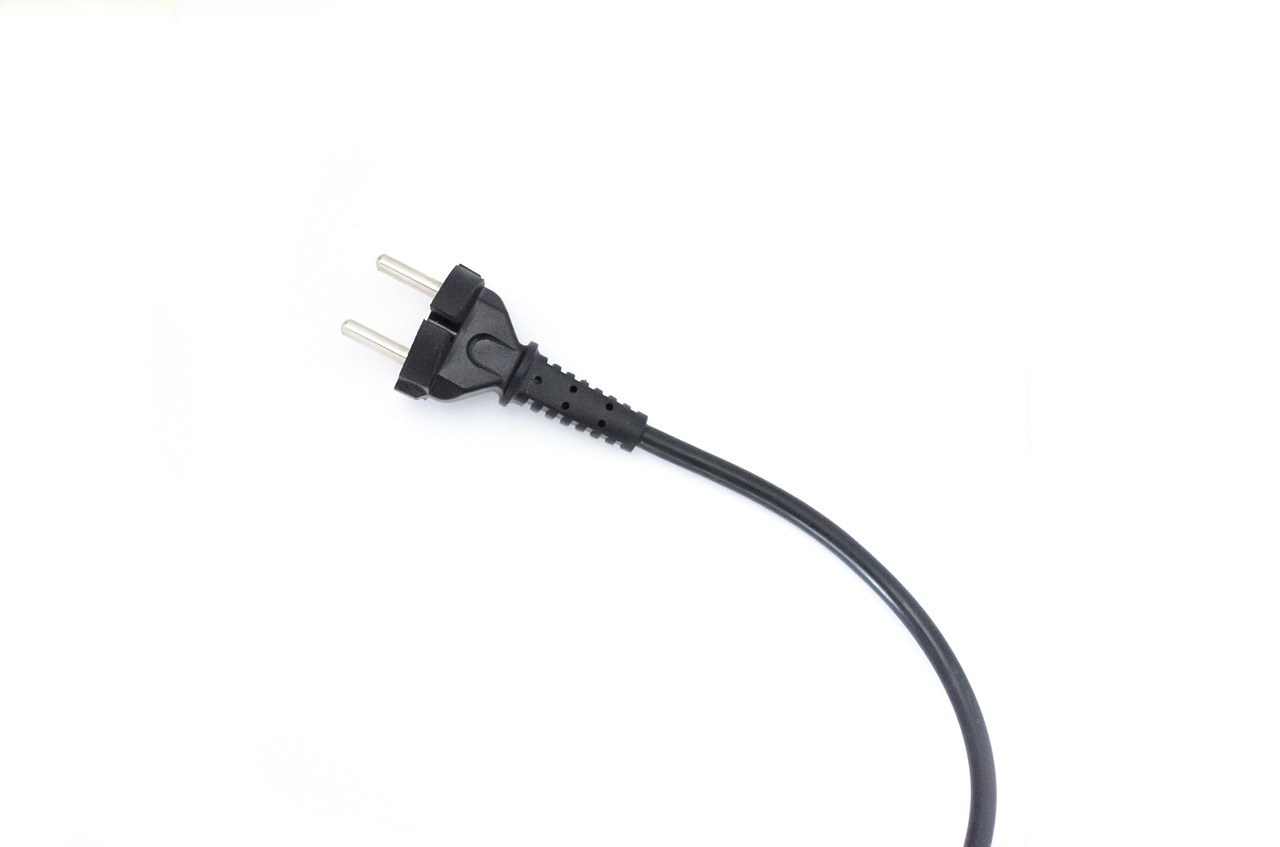Object Store Connector is one of the most useful connectors provided in Mule runtime that is used for storing the state of the applications and can be shared across the applications (If Domain project is used for sharing the state…
Category: Mulesoft ESB
Accessing the Developer Portal
In the previous article we discussed about sharing deployed service through Developer Portal and in this article, we will discuss about accessing the Developer Portal. Accessing the Developer Portal: I have created a dummy user to login into the Anypoint…
Share deployed service through Developer Portal
In the previous article we discussed about deploying the application in CloudHub and in this article, we will discuss about sharing the deployed service through Developer Portal. Share deployed service through Developer Portal: Now that we have created and deployed…
Deploy the application in CloudHub
In the previous article, we discussed about generating application from RAML using Anypoint Studio and in this article, we will discuss on deploying the application in CloudHub. Deploy the application in CloudHub: Now that we have successfully run the application…
Generate application using RAML
In the previous article, we discussed about defining API using RAML. In this article we will discuss about generating application using RAML. Generate application using RAML: Anypoint Studio – It is an…
API-first Design approach using MuleSoft’s Anypoint Platform
This article deals with how to define your APIs using RAML, publishing to CloudHub and Sharing the API with the developers so that they can play with it. In this article, we work with 4 parts of API first Development…
Testing Mule applications with Mule Domain Project using MUnit Test Suite
Before delving into the article, please note that you should have basic knowledge about how to create a mule flow using Anypoint Studio and should at least have basic understanding of Maven and what is a Domain project. Also should…






